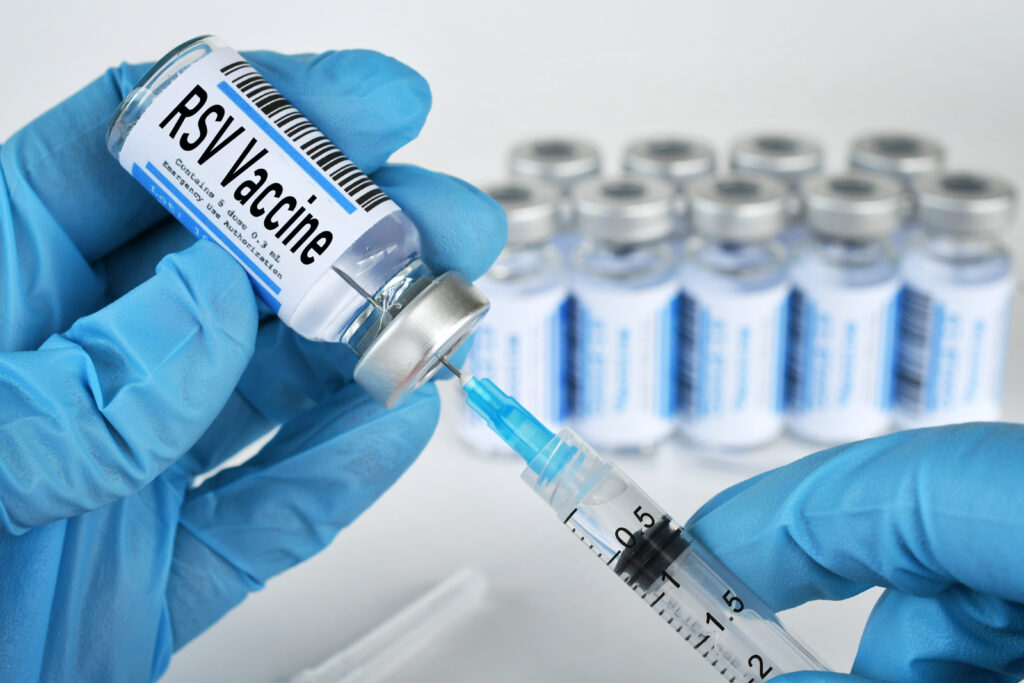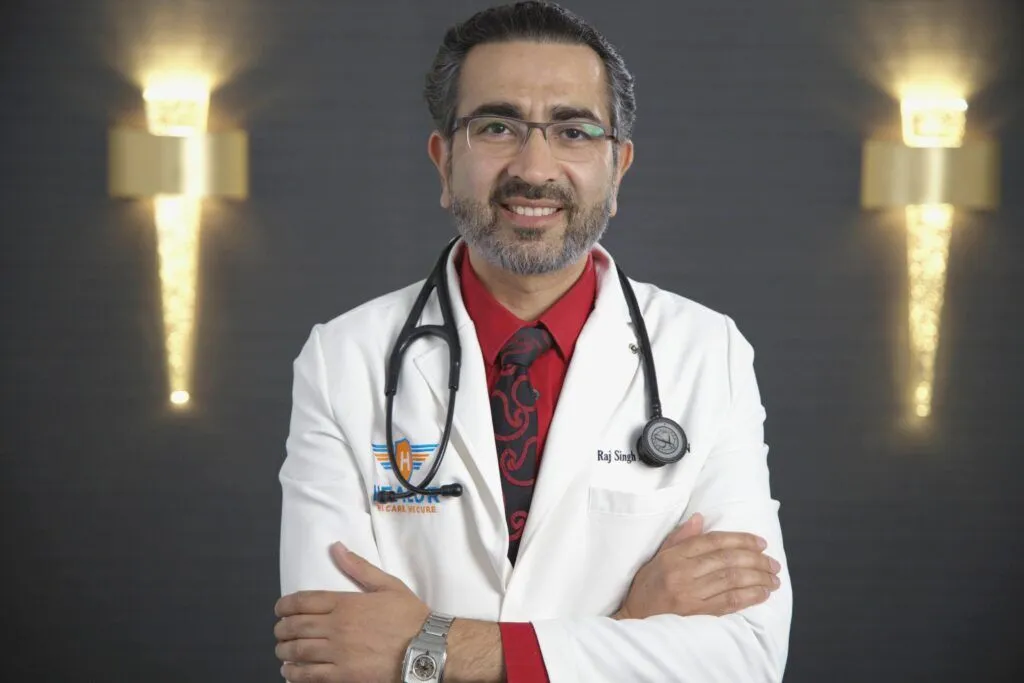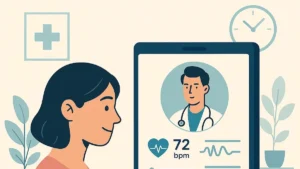
As a primary care doctor in Las Vegas, we recognize the importance of staying informed about the latest developments in health care. Respiratory Syncytial Virus (RSV) is a common viral infection that can have serious implications, especially for infants and older adults. In recent years, there has been significant progress in the development of RSV vaccines, offering new hope in preventing the spread of this potentially dangerous virus.
What Is RSV Vaccine?
Respiratory syncytial virus, commonly known as RSV, is a contagious virus that affects the respiratory system. It can cause mild, cold-like symptoms in healthy adults, but it poses a more severe threat to others.
The primary purpose of RSV vaccination is to protect individuals who are at a higher risk of severe complications from the virus. These groups include infants, especially those born prematurely, as well as older adults and individuals with compromised immune systems. By vaccinating these vulnerable populations, we can significantly reduce the incidence of severe respiratory infections and related complications.
How RSV Vaccines Work
The RSV vaccine plays a crucial role in reducing the impact of respiratory syncytial virus (RSV) by priming the immune system to recognize and fight the virus effectively. Here’s a breakdown of how the vaccine works to minimize the impact of RSV.
Stimulating Immune Response
The vaccine contains components of the RSV virus, such as proteins or genetic material, depending on the type of vaccine (live attenuated, subunit, or mRNA). These components are carefully selected to trigger an immune response without causing the disease.
Development of Immune Memory Cells
The immune system creates memory cells during this process. Memory cells “remember” the virus, remaining in the body long after the initial immune response. This memory allows the immune system to respond more rapidly and effectively if the person is exposed to the actual RSV virus in the future.
Preventing Severe Infections
By priming the immune system through vaccination, you can reduce the likelihood of severe RSV infections significantly. Additionally, vulnerable populations such as infants, older adults, and individuals with weakened immune systems are better equipped to fend off the virus or experience milder symptoms.
Reducing Transmission
Vaccination is a significant factor in community or herd immunity, protecting individuals and groups as a whole. When a large portion of the population is vaccinated, they can minimize the spread of the virus.
Vaccine Types
Several types of vaccines are currently under development, including live attenuated vaccines, subunit vaccines, and mRNA vaccines.
Live attenuated vaccines use weakened forms of the virus, while subunit vaccines contain only specific proteins from the virus. mRNA vaccines provide genetic instructions to cells to produce viral proteins, triggering an immune response.
Each type of vaccine has unique advantages and considerations, and ongoing research aims to determine their efficacy and safety.
Side Effects of RSV Vaccination
As with any vaccine, it’s essential to consider potential side effects. Common side effects of RSV vaccination are generally temporary and mild. You may experience pain or swelling at the injection site, general irritability, and a low-grade fever. These side effects are indicative of the body’s natural immune response to the vaccine and typically resolve within a few days.
It’s crucial to note that the benefits of RSV vaccination in preventing severe respiratory infections far outweigh the potential risk of mild side effects. As primary care doctors in Las Vegas, we carefully consider each patient’s medical history and individual risk factors to determine the most appropriate vaccination approach.
Conclusion
The ongoing advancements in RSV vaccines mark a significant stride in preventing the spread of this potentially severe respiratory virus. We emphasize the importance of staying informed about these developments to better serve and protect our patients. Consultation with a primary care doctor is key in making informed decisions about RSV vaccination.
Together, we can contribute to a healthier, more resilient community by staying proactive in the face of evolving healthcare solutions.








